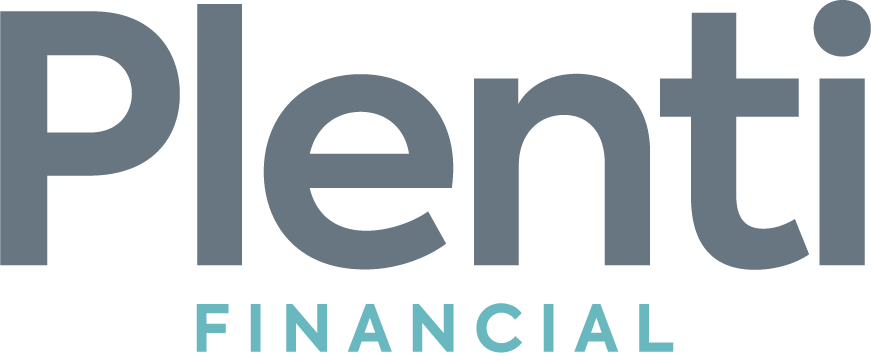Not every real estate sale qualifies for a 1031 exchange. Not every moment is time is perfect for a property owner to exchange. In order to make sure the 1031 exchange advantage is right for you right now, ask yourself these three questions:
- Are your properties positioned to sell?
- Does your equity/asset portfolio enable an upscale?
- Is the market prime for an exchange?
Are Your Properties Positioned to Sell?
You first must determine if your properties are positioned to sell. This is the time to take advantage of any low-cost augmentations you can make to your current properties in order to avoid hooks for negotiating down your selling price, as well as make any additions that will boost the selling price, and thereby improve the quality of homes you can consider for an acquisition.
Whether your property is positioned to sell is a matter of what sort of capital you need to move into your desired property, as well as whether the property is currently an asset or a liability. The purpose of evaluating your property’s positioning on the market is to extract the most value from the property. The higher price for which you can sell your property, the more tax-free profit you will have when identifying properties to acquire in a 1031 Exchange.
Does Your Equity/Asset Portfolio Enable an Upscale?
Do your current assets enable an exchange to transition you from a low-performing portfolio to a high-performing portfolio? This will, in part, be determined by the availability of your chosen markets when you identify. This information will come from an agent and, with an informed investor, their own original market research.
When investors learn the basics of a 1031 Exchange, they understand that acquired properties are not merely a matter assuming a new asset with its own liabilities, but rather another property that will eventually prime itself for an exchange through the application of rental income to the loan principal, as well as the appreciation of the property (at a greater pace than a relinquished property of lower value).
Is The Market Prime for an Exchange?
Determining whether the real estate marketplace is favorable to your exchange has less to do with the market generally, and more to do with the market you’re moving from (the address of your relinquished property) and the market you’re moving to (the address of your identified property). As long as you’re not giving up favorable loan terms or soft equity attributes (such as school district, walkability, neighborhood, municipal idiosyncrasies, etc.), the state of the market should factor very little into the decision about whether to exchange or not.
The only exception to this principle is for an exchange that is heavily loan-dependent in a season of high mortgage interest rates. Yet, due to the tax savings of a 1031 exchange, most loan interest rates can be refinanced and don’t need to be an obstacle to seizing upon a desirable investment opportunity when it presents itself.
Conclusion
Once you have answered these three questions for yourself, you have the information you need to determine whether a 1031 Exchange is right for you. However, if a 1031 Exchange is a good option and you decide not to leverage it, this decision could cost you tens or hundreds of thousands of dollars in capital gains taxes.
To better understand how a 1031 Exchange might fit into your current investment strategy, schedule a consultation with one of our qualified exchange experts. Have more questions? Contact us here.


